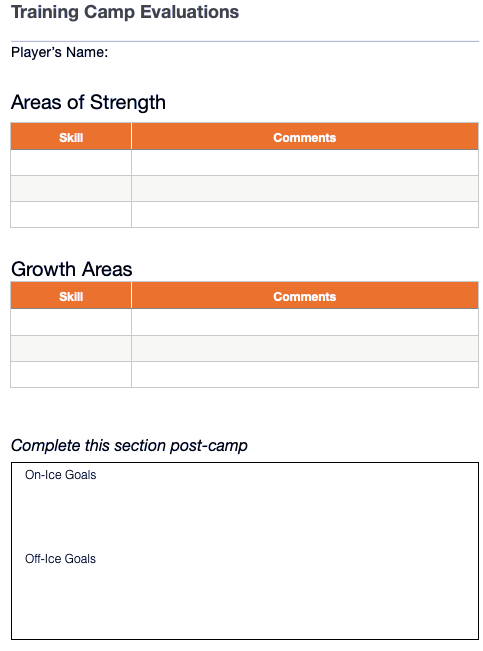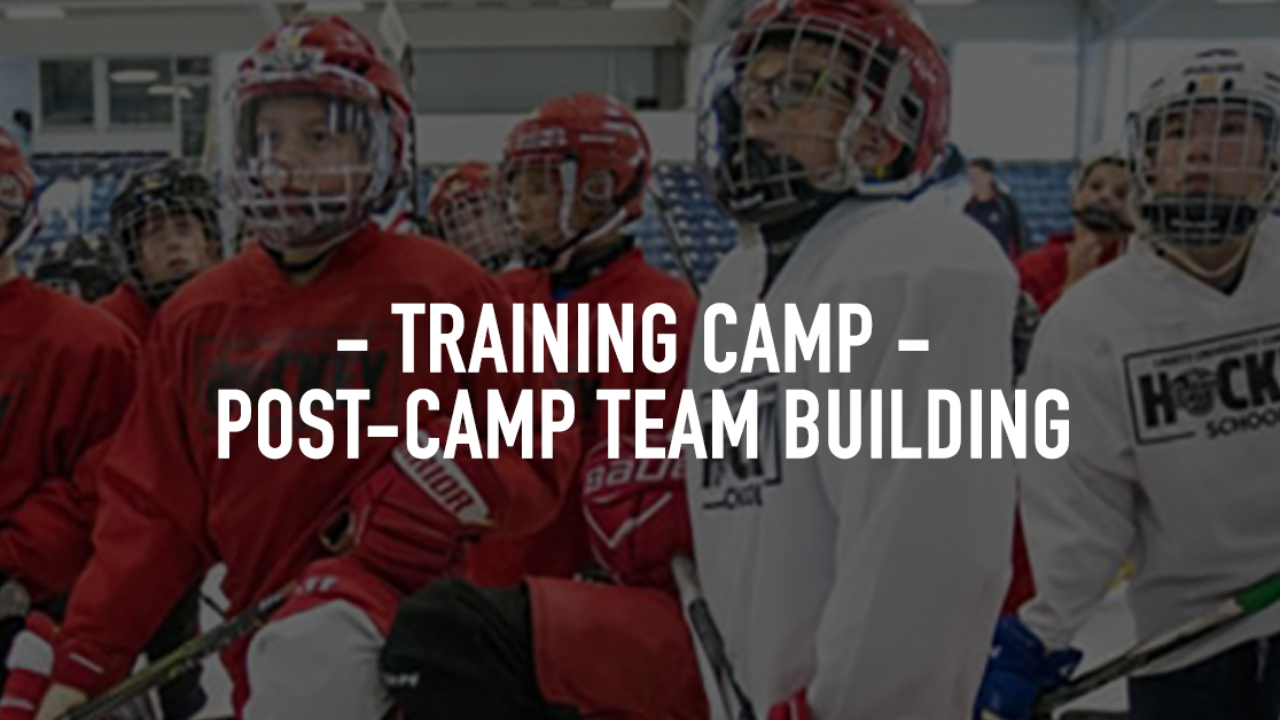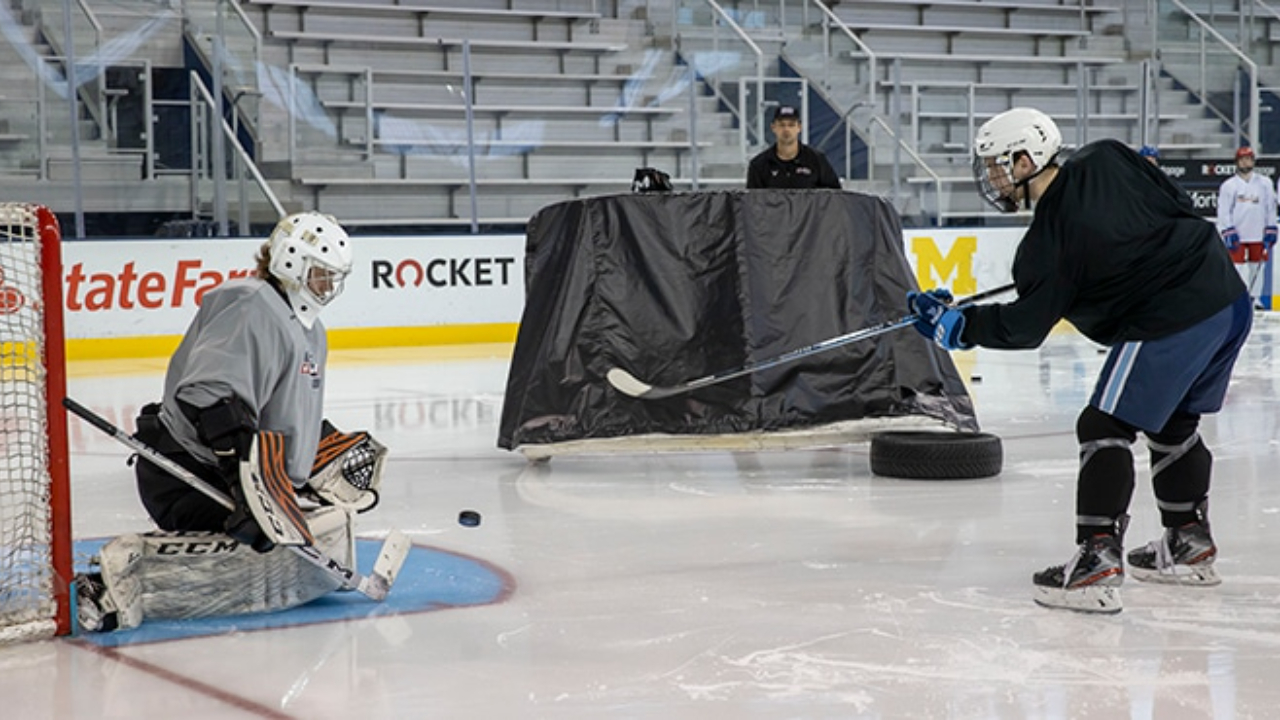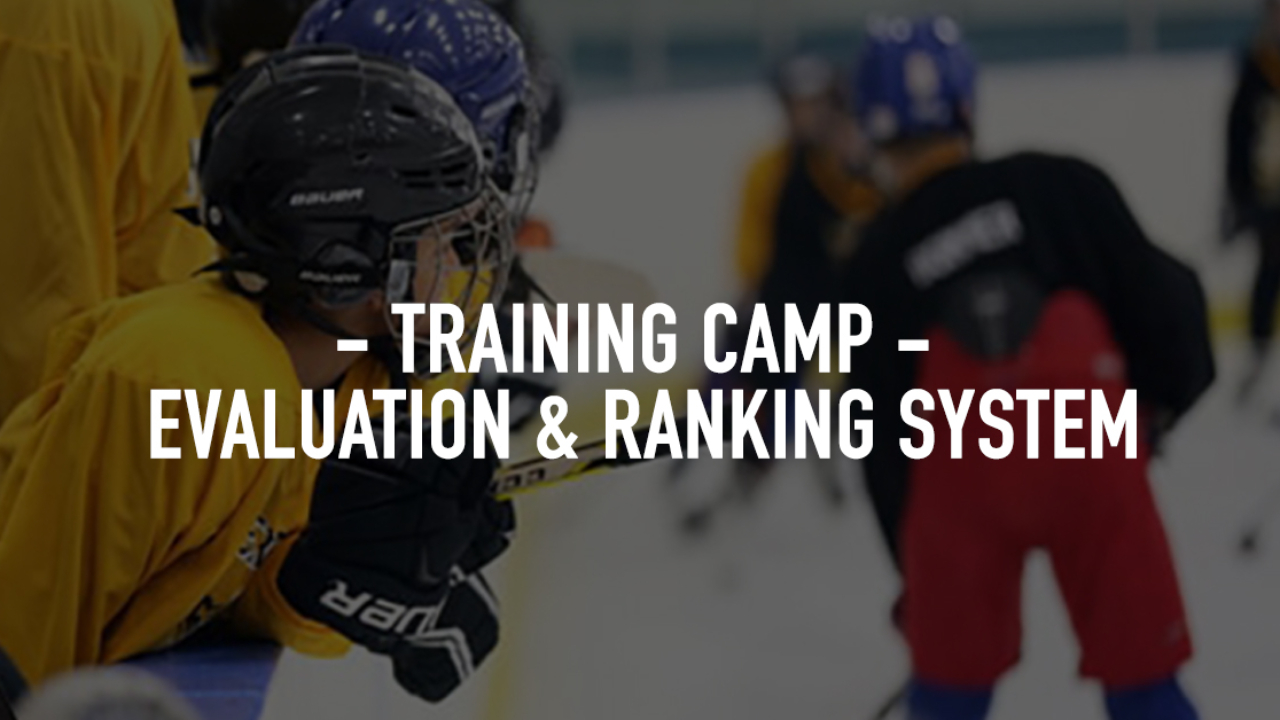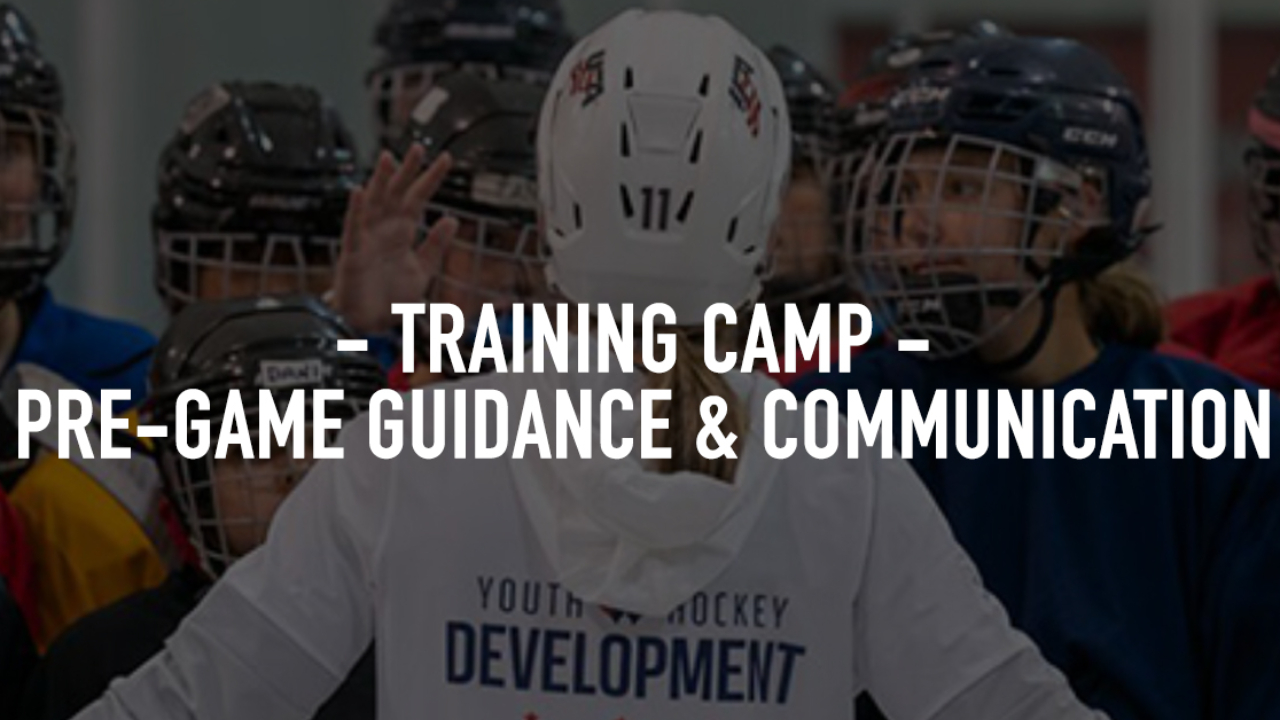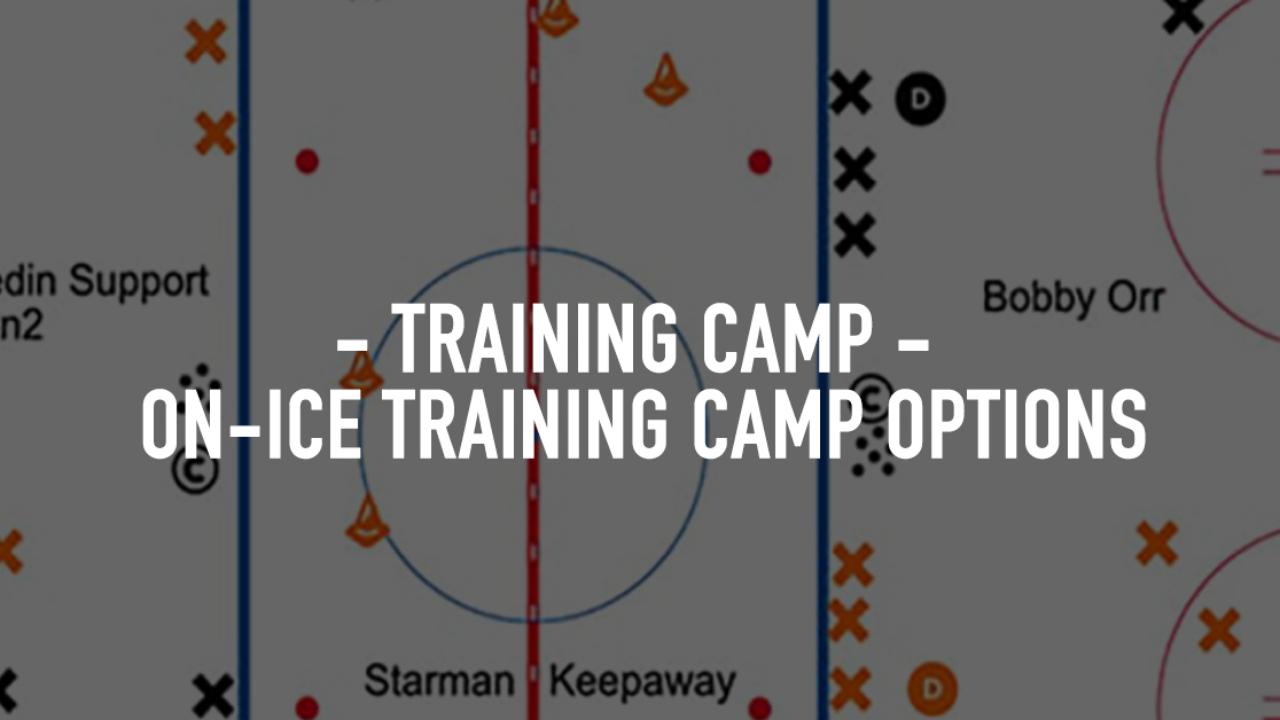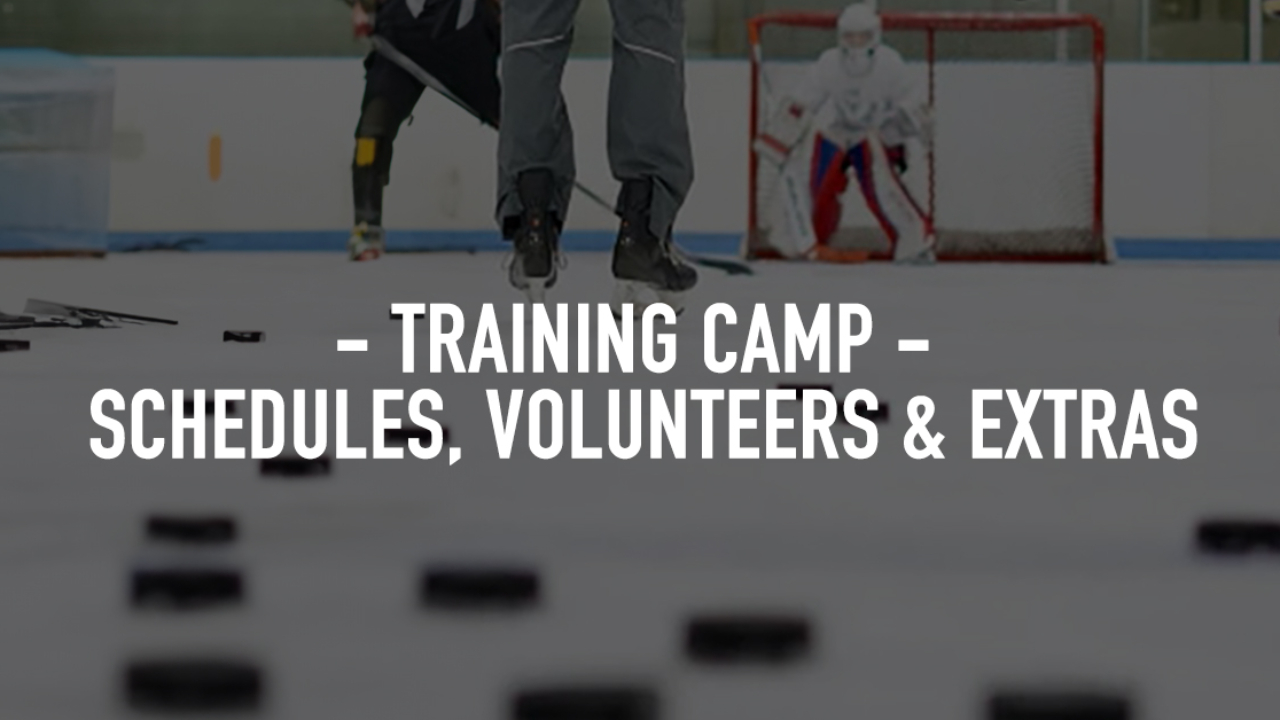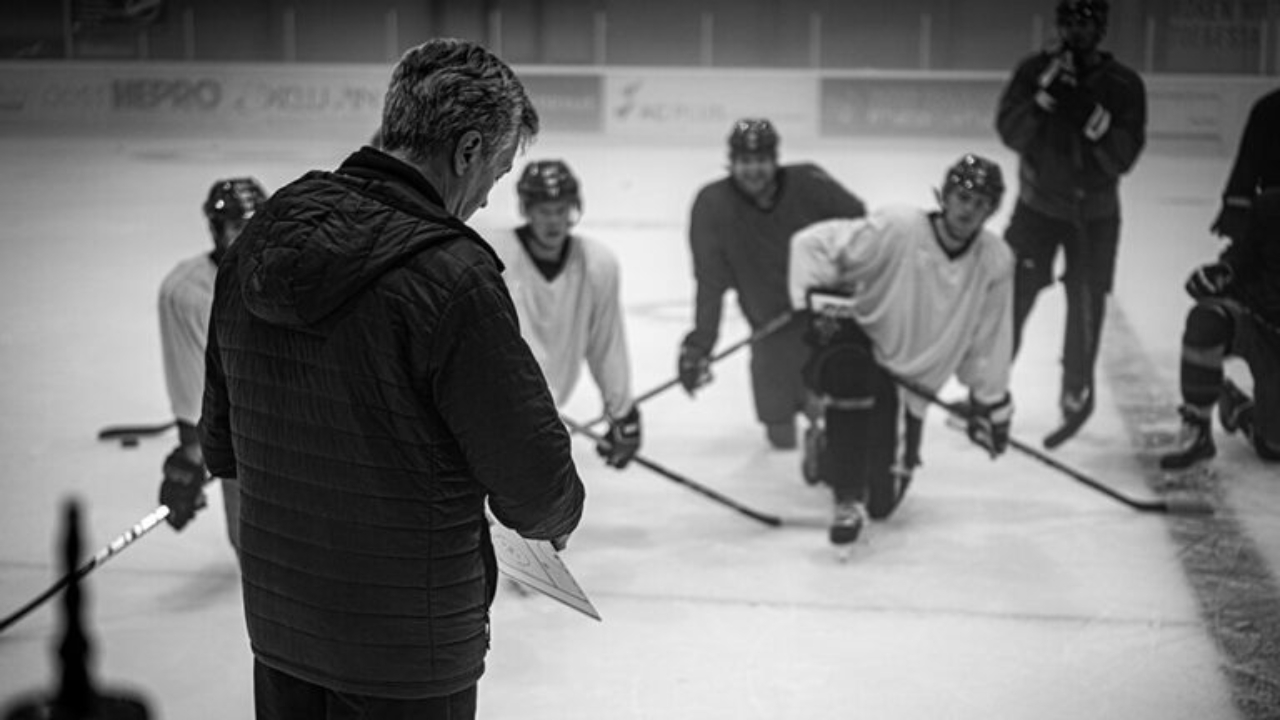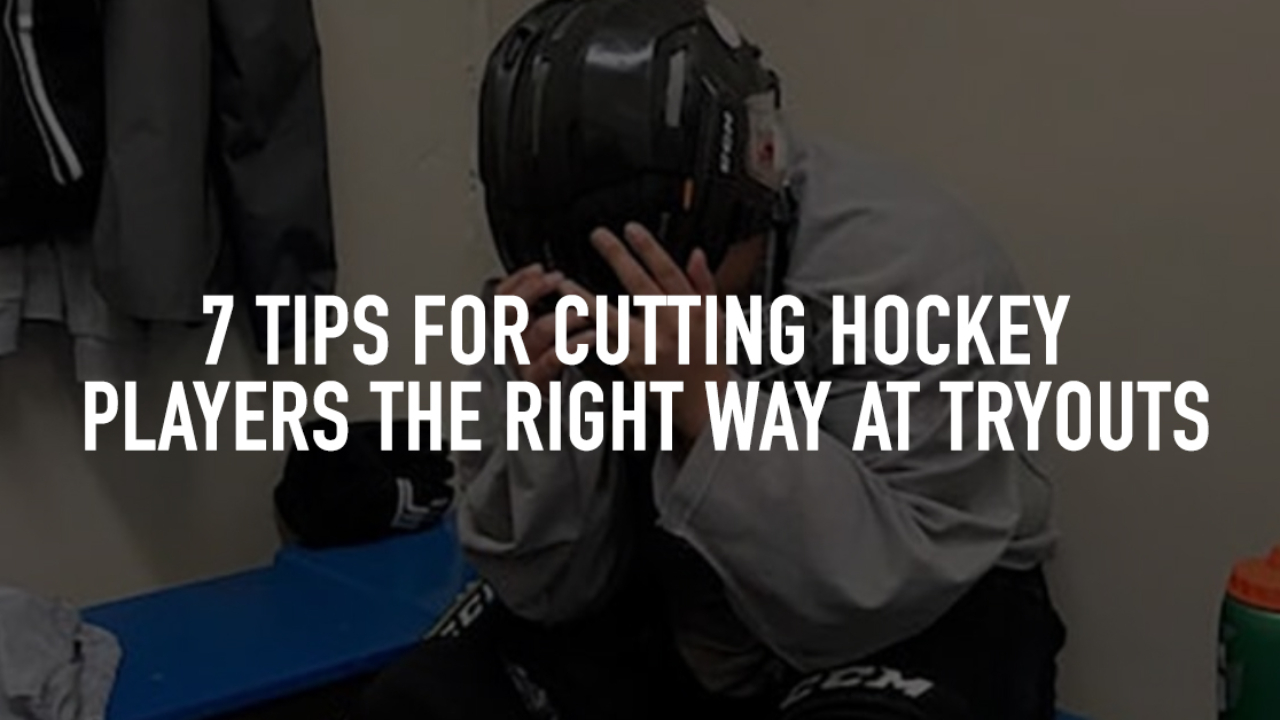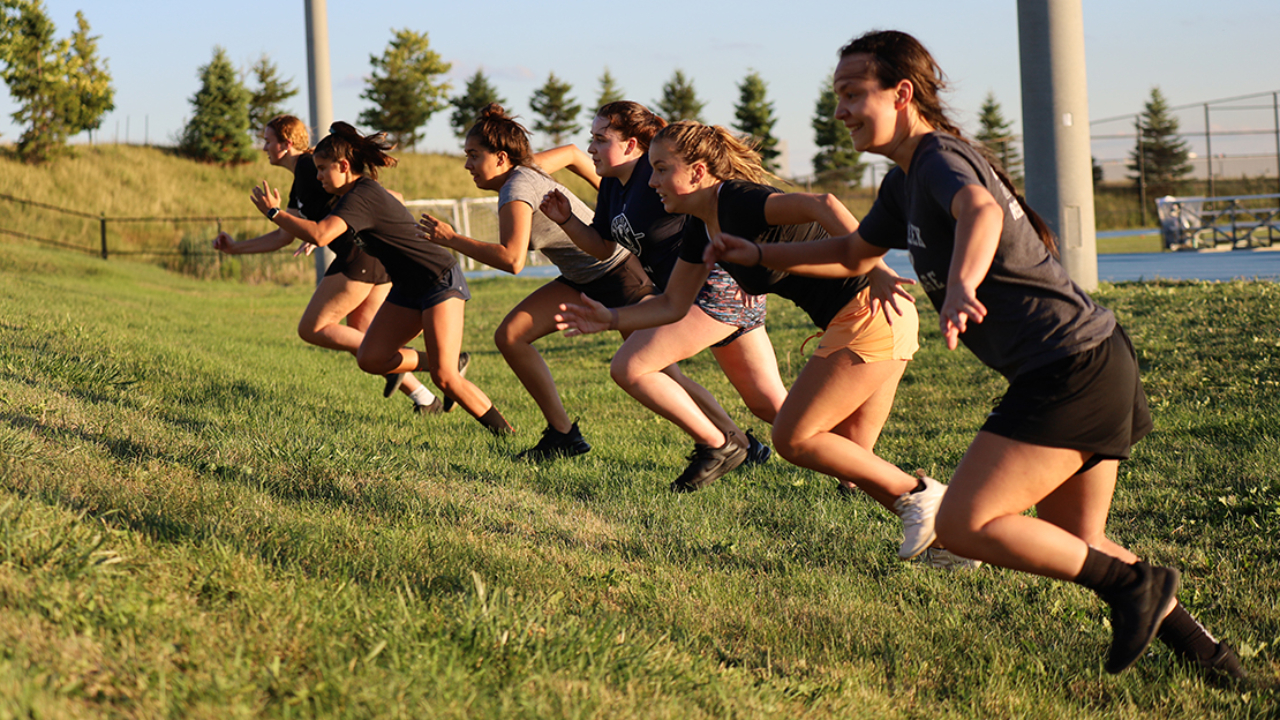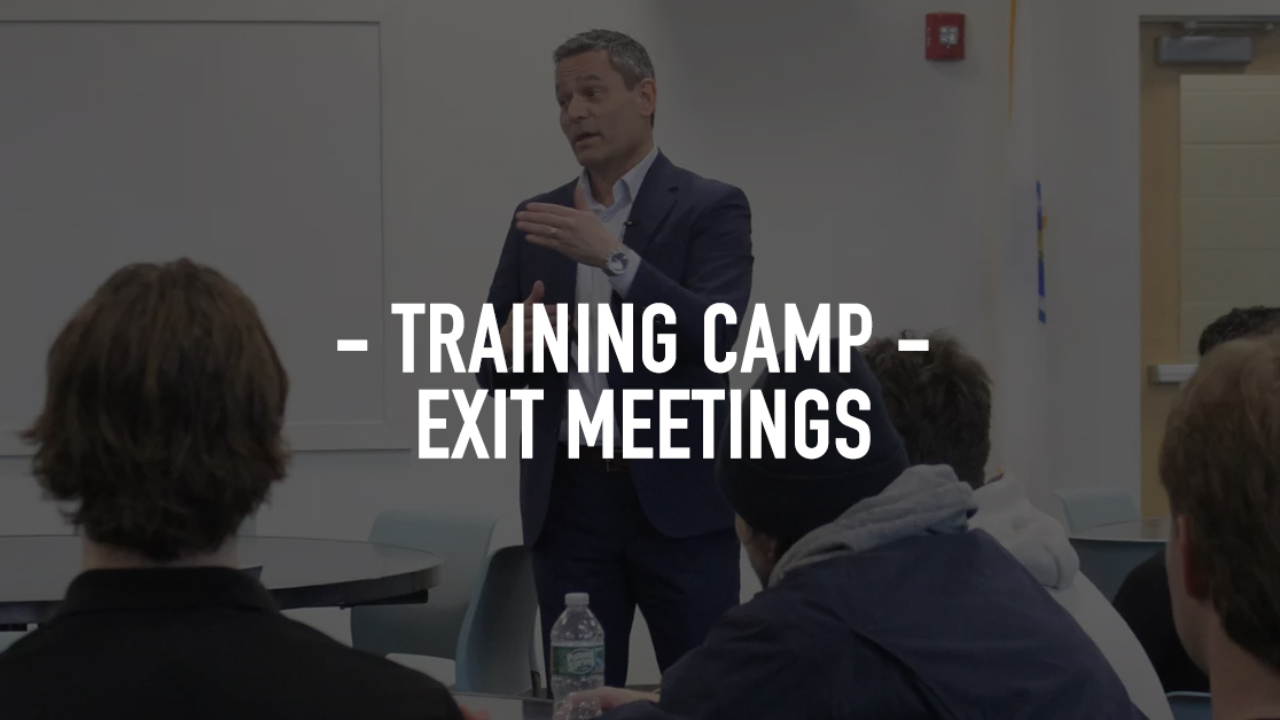
Dignity, respect, and gratitude are the rule of the day during uncomfortable exit meetings. Maybe Ketchup chips too.
Honesty.
Each coach who contributed to this series stressed the importance of honesty as the backbone of your exit meetings. And backbone is certainly required – releasing a player is never a fun task, but it’s a necessary one unless you want to carry a huge roster and chip your problems off the glass into the neutral zone where they’ll inevitably come back to haunt you.
Provided you’ve been thorough during training camp, you should feel confident in the decisions you and your staff have made. As we’ve seen earlier in the series, if you know what your team needs on or off the ice and you’ve communicated your expectations, then a lot of your decisions should become obvious. Hopefully you’ve gone into training camp with an open mind, because some of the best decisions you can make might come as a surprise, but that’s what training camp is for – happy surprises.
Whether you’re releasing a player or moving them on to the next phase, exit meetings are rarely comfortable.
Now imagine what the player is feeling on the other side of the table – maybe having Ketchup chips there like in the stock image above might help?!
This is the fifth of a six part series called Training Camp Exceptional. Here’s the criteria we used:
Age Groups
As the range of contributing coaches demonstrates, we made a distinction between training camp and tryouts. This series is generally intended for junior hockey and older, though many elements will no doubt apply to U18 and younger.
Content
Each post will cover the bones of training camp, from the planning, implementation, and fall-out. Hopefully you’ll get some inspiration or knowledge to help you run your next camp.
- Training Camp Exceptional Part 1: Schedules, volunteers & extras
- Training Camp Exceptional Part 2: On-ice training camp options
- Training Camp Exceptional Part 3: Pre-game guidance and communication
- Training Camp Exceptional Part 4: Training camp evaluation
- Training Camp Exceptional Part 5: Exit meetings
- Training Camp Exceptional Part 6: Post-camp team building
“You’re Coming Through”
“I think having an honest conversation about the player’s game, what’s positive and what they could focus on to continue their development and how to attain the goals they’ve set for themselves.”
- Kris Mallette
Kelowna Rockets head coach Kris Mallette takes a balanced approach to his exit meetings, and you’ll notice in the quote above that it’s ambiguous with regards to whether or not the imaginary player made the cut. That’s because an exit meeting at the end of camp can be a powerful tool to build the confidence of a player who’s sticking around. Once they know they’re not going home and they can breathe a sigh of relief, they’ll be keen to know why.
Can they push to another level quickly? Everyone performs at a higher level when they’re confident, and rarely is a human being more confident than the moments after they’ve made the team, got the job, or received a promotion. Heck, a quick pump-up message from a peer or superior expressing gratitude or belief can be all it takes to boost your mood. This is the reason coaches push their teams harder when they’re winning and take a tactical approach when they’re losing.
A one-time GM/mentor of mine used this tool to great success in junior hockey. After signing or committing to a player, he would always make it clear that this was merely the beginning of the work, and that the player had earned the opportunity to reach for his potential, and that we were going to do everything we could to help him. The players were always receptive and they understood that this meant there were no guarantees other than the opportunity. The responsibility was on the player to live up to his end of the bargain. Certainly we lost a few players along the way who wanted that guarantee, but the players who stuck around within those circumstances combined their excitement and confidence with determination and ambition, and the results were always positive.
Evaluation Transparency
When training camp wraps, you’ll have done your job if nearly every player who skated feels like they made the right choice signing with your team or trying out. It’s a tall task, no question, but I believe even players who are released or dealt should leave your program better for the experience.
You can’t keep everybody. The players know this. But what they don’t know is why – they might have felt great in camp, felt like they had a good chance to stick around, and even popped a few goals here or there, so the release might come as a shock. So again, being honest is the best way to get the player back on track as soon as possible, and sharing your evaluation is the best way to be honest.
A simple extra I’ve used that’s received positive feedback is an evaluation sheet that can be sent home with the player. This is particularly powerful for junior hockey players who might be getting cut for the first time in their lives. They’re not absorbing a single word once you’ve broken the bad news, so giving them a sheet that highlights their strengths, as well as areas they can improve on, as Kris spoke to earlier, is efficient and powerful. Older players and professionals might have a better perspective of where they’re at, but it’s still something they can share with their agents or skills coaches in case they want a little further evidence.
Download the Evaluation Form Here.
“We’re Releasing You.”
Delivering an honest opinion of where a player is at and why they’re not sticking around might mean they push their way back onto your lineup sooner rather than later. But as Rapid City Rush head coach Scott Burt says, that’s only a maybe, and you have to be careful how you word it.
“Together with the player, and to the best of our ability, we would always have a plan moving forward to find the best spot for them to play that will be positive and help them develop if they don’t have an SPHL team to go to. No matter what though, the best approach for me during an exit meeting is being honest. There are times during the season we need to call up a player or two so you want to continue to build that relationship knowing they are familiar with your program. If you make a guarantee and it doesn’t happen, you can damage that relationship.”
- Scott Burt, Rapid City Rush
It’s not easy, but your ultimate responsibility is to the team and your city and not to a single individual. As Scott says though, you can still serve the individual by doing your best to help the situation and laying out the options moving forward.
“You need to make sure the player knows what to do to take that next step whether it’s with your team or the next team. It’s the right thing to do, to deliver clear and honest messaging on what they need to do for themselves so they can continue getting better even if it’s somewhere else. A lot of times these meetings are heavy and there’s frustration on the other side of the table, so it’s important to take that time and be there for the person behind the player even though they’re moving on.”
- Sven Butenschon, UBC Thunderbirds
A consistent theme of this post is discomfort. It’s not a comfortable feeling, walking into a coach’s office at the end of training camp. Rookies and veterans alike crave honesty more than anything even when they’re not sure what that honesty will sound like. We’re comfortable when we’re told we’re doing everything right, and if we just stay level then we’re fine. Time is undefeated, so sometimes the hidden enemy is simply age, and you might be effectively ending someone’s career. Dignity, respect, and gratitude are the rule of the day here.
Whether by effort, time, injury, or complacency, if you stop developing as a player, a coach, or a person, then your days in the game are surely numbered. The power of improvement is like a train that gets faster and faster as more fuel is shovelled into the engine.
Finally, as a coach, it’s your responsibility to lean into that discomfort and own your decisions. We can use the tension in exit meetings to make everybody better because they’re a touchpoint for future success, a situation every coach or athlete has been involved in. Releasing a player isn’t something you have to do, it’s something you get to do. You’re charged with the task of steering a young man or woman into the next phase of their life, and that’s a serious responsibility. The conversation might only last a few minutes, but the impact will be felt long after.
Make that impact productive and you’ve done your job.

